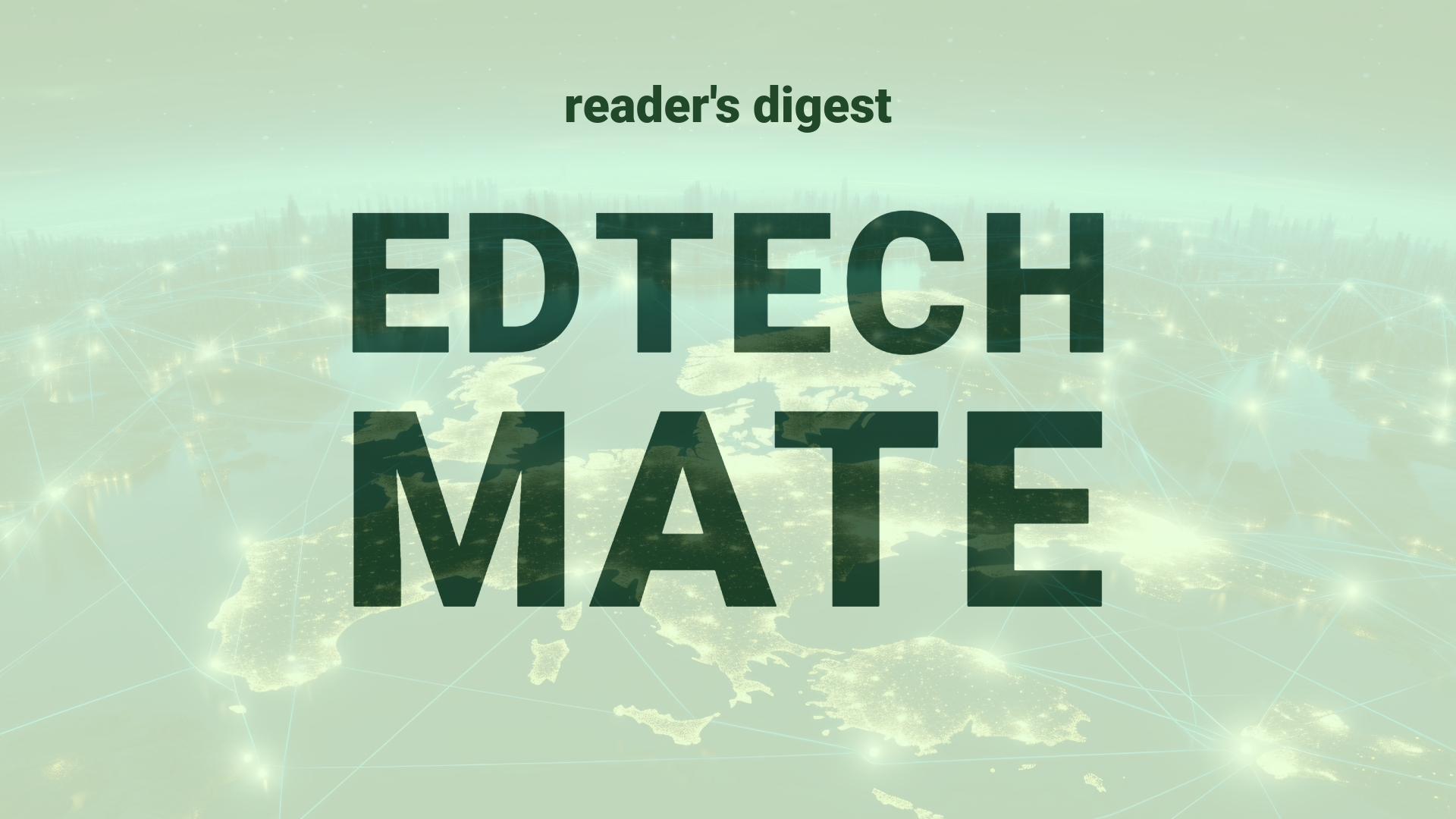Executive Summary and Main Points
The global trajectory of digital transformation is primarily characterized by advancements in digital innovation, process redesign, and the modernization of infrastructure and applications. Foundry’s “State of the CIO 2024” study accentuates a substantial shift towards these trends over the upcoming years. Concurrently, Artificial Intelligence (AI) is gaining recognition as a critical driver for future growth, with Foundry reporting that 70% of organizations are currently researching or deploying AI technologies, and 21% already operating or enhancing their AI frameworks.
Huawei’s President Li Jianghua underscored at MWC 2024 the monumental impact of AI, big data, cloud computing, and the Internet of Things (IoT) on the business sector and the digital economy. Despite these advancements, obstacles such as financial constraints, change resistance, talent shortages, and infrastructural complexities persist within organizations. Huawei’s ICT solutions, backed by a substantial investment of over 550 million USD and a global footprint in ICT infrastructure, aims to mitigate these challenges through customer-centric service partnerships and end-to-end digital transformation strategies.
Potential Impact in the Education Sector
The infusion of AI and digital infrastructure presents a transformative potential within the education sector, encompassing Further Education, Higher Education, and Micro-credentials. With the strategic implementation of cutting-edge ICT solutions, educational institutions can benefit from enhanced digital platforms, improved operational maintenance through digital intelligence, and continuous exploration of new growth areas in the digital landscape.
The cultivation of digital talents aligns with strategic partnerships, such as those demonstrated by Huawei with service partners, fostering an ecosystem conducive to innovation and skilling in the sector. The synergy of digital transformation and education paves the way for a more inclusive and equitable dissemination of knowledge, as seen in Huawei’s collaboration with PLN Icon Plus to expand broadband connectivity and ICT solutions in Indonesia.
Potential Applicability in the Education Sector
Innovative applications arising from AI and digital tools are ripe for adaptation within global education systems. Building state-of-the-art educational infrastructure can facilitate personalized learning experiences. Upgrading operational and maintenance processes with digital intelligence can streamline administrative tasks and teaching methodologies.
Leveraging digital intelligence for new pedagogical approaches could provoke a renaissance in curriculum design and learning methods, while targeted programs to bridge the talent gap could address the shortage of skilled educators and technology administrators in academia.
Criticism and Potential Shortfalls
A critical analysis of such technological integration reveals several potential shortfalls. The lofty ambitions of digital transformation must contend with the harsh realities of budget constraints, institutional inertia, and the multifaceted nature of skill gaps. Significant infrastructural challenges such as integration with legacy systems, high power consumption, and the resultant greenhouse gas emissions cannot be overlooked.
International case studies yield contrasts in adoption and impact, highlighting the need for contextual sensitivity to technological solutions. Ethical considerations regarding data privacy, the digital divide, and various cultural implications further complicate the implementation of these technologies across different geopolitically distinct educational contexts.
Actionable Recommendations
To harness these technologies in higher education, actionable recommendations include developing scalable digital infrastructures that prioritize sustainability and inclusivity. Strategic partnerships, akin to Huawei’s global approach, should be forged to leverage collective expertise and address specific educational challenges.
Leadership within international education must adopt a forward-thinking mindset, focusing on the integration of AI into curriculum development, adapting to evolving digitalization, and investing in the professional development of educators to navigate advanced ICT ecosystems. Encouraging collaborative innovation centers, such as the one established by PLN Icon Plus, can stimulate localized digital enablement and serve as a blueprint for educational institutions aiming to implement similar transformative projects.
Source article: https://www.cio.com/article/2066793/innovating-services-for-a-digital-intelligent-future.html

